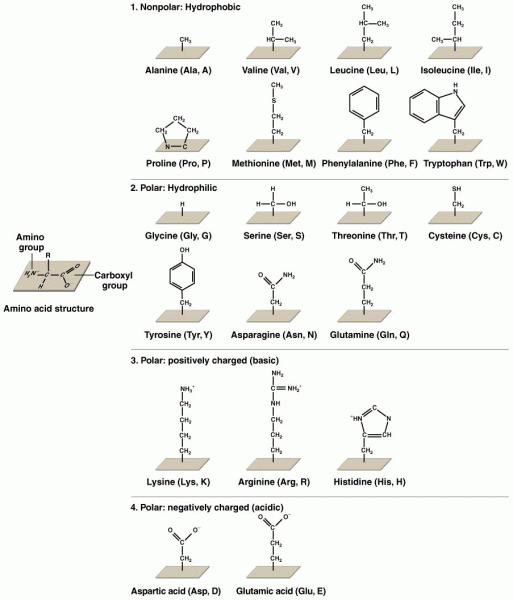|
|
|
Excessive alcohol use costs the country approximately $235 billion every year.
There are over 65,000 known species of protozoa. About 10,000 species are parasitic.
Acetaminophen (Tylenol) in overdose can seriously damage the liver. It should never be taken by people who use alcohol heavily; it can result in severe liver damage and even a condition requiring a liver transplant.
Hippocrates noted that blood separates into four differently colored liquids when removed from the body and examined: a pure red liquid mixed with white liquid material with a yellow-colored froth at the top and a black substance that settles underneath; he named these the four humors (for blood, phlegm, yellow bile, and black bile).
Human kidneys will clean about 1 million gallons of blood in an average lifetime.







